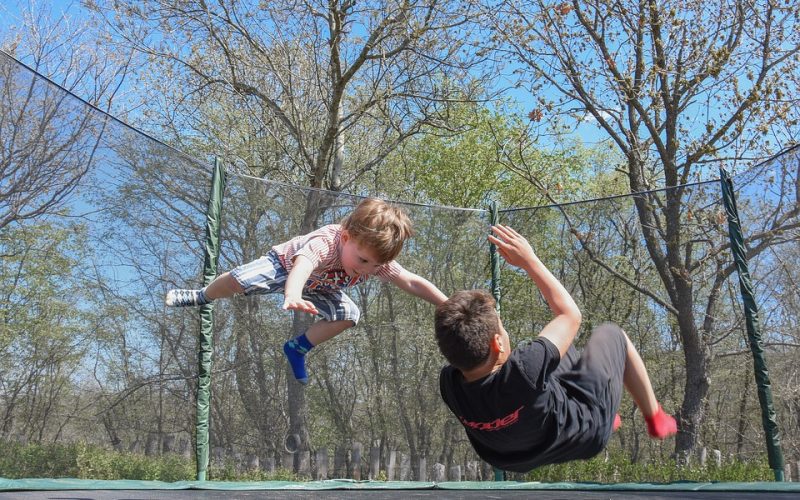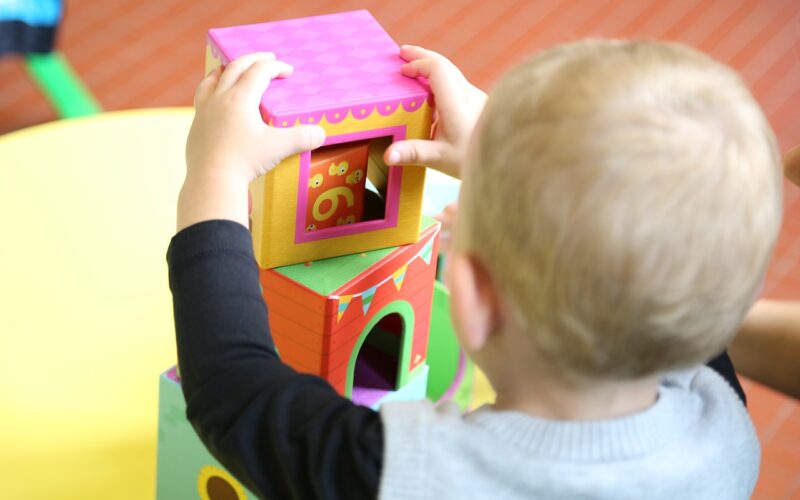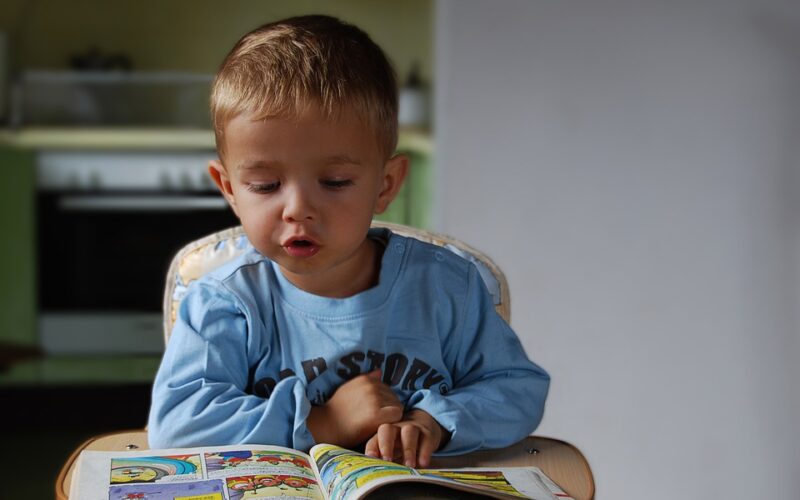Preschool is a foundational stage in a child's development that plays a critical role in shaping their future.
At this early age, children are incredibly receptive to new experiences and environments, making it an ideal time for introducing them to the structured learning settings provided by preschool. One of the most significant benefits of preschool is the opportunity for children to interact with their peers. These interactions are not just a matter of play; they are essential in teaching children about cooperation, sharing, and conflict resolution.
By engaging with other children in a supervised environment, young minds learn the essentials of social interaction, laying the groundwork for their future relationships.
Storytelling and structured play
In addition to fostering peer relationships, preschool environments are crucial for developing social and verbal skills. Through guided activities, storytelling, and structured play, children enhance their vocabulary and communication abilities.
Educators in preschools are trained to encourage verbal expression in children, helping them articulate their thoughts and emotions more clearly. This skill set is vital for children as they progress through their educational journey, allowing them to better understand classroom instructions, participate in discussions, and express their ideas effectively.
Basic literacy and numeracy
Education at the preschool level is not merely about academic learning; it is about cultivating a sense of curiosity and a love for learning. Young children are naturally inquisitive, and preschool provides a structured environment where their questions can be encouraged and explored.
The educational activities in preschools often include basic literacy and numeracy, arts and crafts, and scientific exploration, all aimed at stimulating a child's intellectual growth. By introducing these concepts early on, preschools lay a strong foundation for children, making the transition to primary education smoother and more enjoyable.
A cohesive support system
Parents play a vital role in complementing the preschool experience. Active involvement of parents in preschool activities can greatly enhance a child's learning experience. Understanding what their child is learning and how they are interacting in a group setting allows parents to support and extend these experiences at home.
Regular communication between parents and educators helps in creating a cohesive support system that nurtures a child’s development both at home and in school. When parents show interest in their child's preschool activities, it also boosts the child’s confidence and motivation to engage in learning.
Direct interaction with nature
An innovative approach to early childhood education that has gained popularity is the concept of forest schools.
These schools take children out of the traditional classroom setting and immerse them in nature. This method of learning leverages the natural environment to teach children about the world around them through direct interaction with nature. Activities in forest schools can include building shelters, identifying flora and fauna, and understanding ecological systems.
This hands-on approach not only makes learning more engaging and memorable but also instils a sense of environmental stewardship in children from a young age.
Perform better academically and socially
The myriad advantages of preschool extend beyond the child's immediate development and have long-term benefits. Research has shown that children who attend preschool are more likely to perform better academically, socially, and emotionally as they progress through their educational careers.
They are often more adept at critical thinking and problem-solving, have better-developed social skills, and exhibit higher levels of self-esteem. These benefits underscore the importance of early childhood education as a pivotal step in building a foundation for lifelong learning and personal development.
Well-rounded individuals
The preschool experience is imperative in the holistic development of a young child. It provides an environment for nurturing social and verbal skills through interactions with peers and educators. The educational framework set in preschools kindles a passion for learning that can last a lifetime.
With the involvement of parents and innovative approaches like forest schools, the potentials of preschool are maximised, leading to well-rounded individuals ready to tackle future challenges. The investment in preschool education is, undoubtedly, an investment in the future.


















